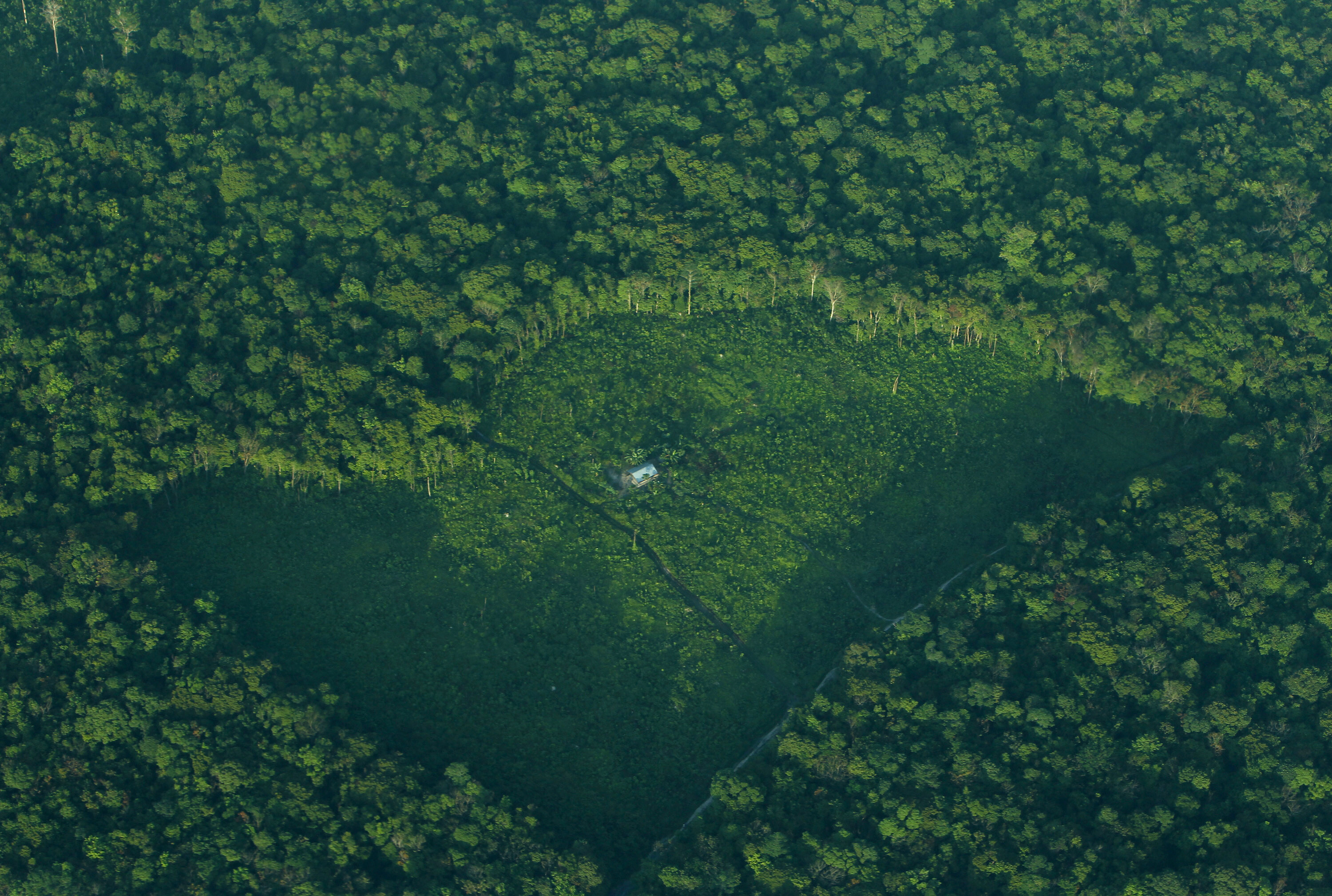Celebrating a decade of progress against malaria

Today, I was honored to represent the Bill & Melinda Gates Foundation during an event at the White House marking the 10-year anniversary of the President’s Malaria Initiative (PMI) and the launch of PMI’s next 5-year plan. The world has made huge progress against malaria in the past decade thanks to bipartisan leadership that began with President Bush and has been expanded by President Obama, with ongoing support from Congress.
America’s support for PMI has not just saved 4.3 million lives in the past decade, it has absolutely transformed the way we think about malaria. The Gates Foundation shares PMI’s vision that we can, and should, achieve the global eradication of malaria by the middle of the 21st century, helping to ensure that all children have the opportunity to lead a healthy and productive life.
American investment in the Global Fund to Fight AIDS, Tuberculosis and Malaria has also played a critical role in accelerating progress against malaria. The Global Fund provides about 50 percent of international funding for malaria, and it is the key institution in strengthening the reach and impact of primary health care services in malaria-endemic countries so that they can save lives now. The Global Fund is also an essential partner in efforts to accelerate the elimination of malaria in the Greater Mekong Sub-region, southern Africa, and Central America.
It is important to recognize that many other partners in the private and public sector have contributed to this global success. We will need all those partners to be committed and involved if we are to achieve our common and ambitious goal of a malaria free world.
At its heart, malaria is not just a public health challenge. It’s a matter of leadership. We can defeat malaria if we commit to investing in research and development for better treatment, diagnostics, and prevention methods. We can defeat malaria if we mobilize the financing required to deliver next-generation tools to those who need them. And we can defeat malaria if we work in partnership with malaria-endemic countries to implement complete detection, treatment, and prevention at the community level. Effective partnerships that serve national and community needs are fundamental to success, as PMI has shown repeatedly during the last 10 years.
I have devoted my career to public health, and I can say without reservation that the impact of this program funded by the United States Government, in such a short period of time, has been extraordinary. It is hard to find programs in the federal budget where the correlation between dollars invested and lives saved is so clear, and the Gates Foundation is honored to work with Admiral Ziemer and his team.
This article is published in collaboration with The Bill & Melinda Gates Foundation. Publication does not imply endorsement of views by the World Economic Forum.
To keep up with the Agenda subscribe to our weekly newsletter.
Author: David Brandling-Bennett is the deputy director of the Malaria program in our Infectious Diseases division.
Image: Malaria tests are seen on a table in the Ta Gay Laung village hall in Hpa-An district in Kayin state, south-eastern Myanmar. REUTERS/Astrid Zweynert.
Don't miss any update on this topic
Create a free account and access your personalized content collection with our latest publications and analyses.
License and Republishing
World Economic Forum articles may be republished in accordance with the Creative Commons Attribution-NonCommercial-NoDerivatives 4.0 International Public License, and in accordance with our Terms of Use.
The views expressed in this article are those of the author alone and not the World Economic Forum.
Stay up to date:
Future of Global Health and Healthcare
Forum Stories newsletter
Bringing you weekly curated insights and analysis on the global issues that matter.
More on Global CooperationSee all
Sebastian Buckup and Maximilian Martin
November 13, 2025






